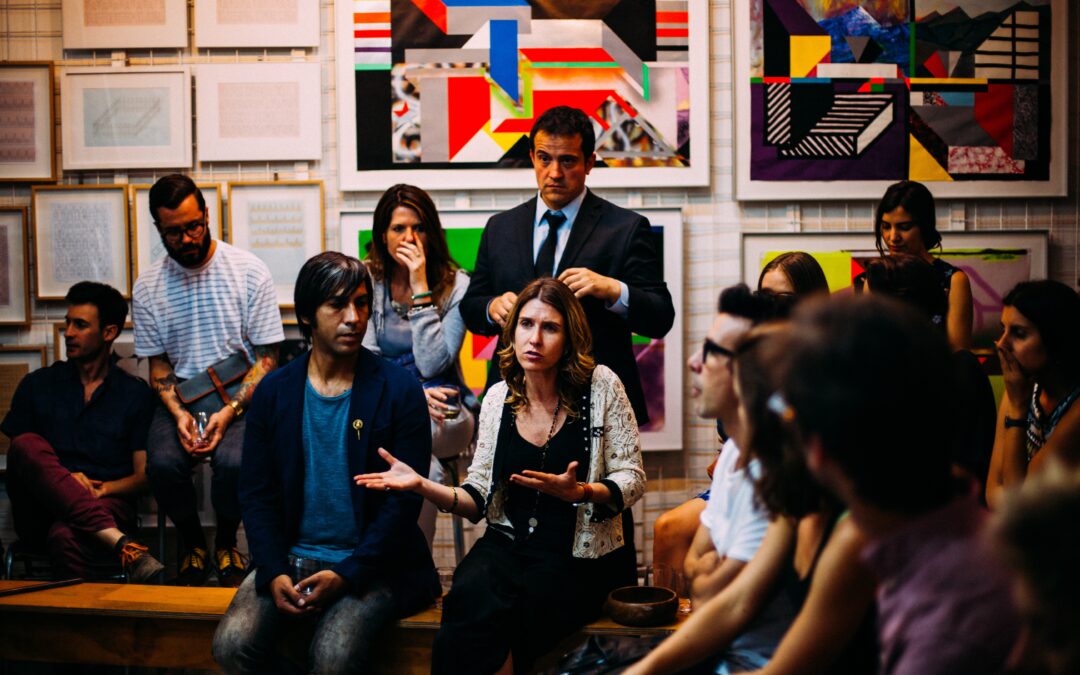Popular education, a transformative approach to teaching and learning, empowers communities to address societal inequities. Rooted in the Latin American social justice movements of the 1960s and championed by the likes of Paulo Freire, its main emphasis is on facilitating dialogues that lead to action. This article will delve deep into the essence of popular education, trace its historic lineage, discuss its practical applications, and highlight the profound impact it has on society.
The Essence of Popular Education: Education stands as a cornerstone of civilizations, sculpting thoughts, ideologies, and actions. Over centuries, traditional education primarily served as a means to impart knowledge. However, popular education brings a paradigm shift:
- Democratic Dialogue: Encourages open discussions rather than a one-way flow of information.
- Critical Thinking: Students are taught to question the status quo.
- Problem-Posing: Real-life issues form the core of the curriculum.
- Action-Oriented: Learning is tied to social actions and change.
- Holistic Learning: Incorporates emotional, social, and intellectual aspects.
- Community-Centered: The learning process is deeply rooted in community issues.
- Peer Teaching: Everyone is both a teacher and a learner.
- Cultural Relevance: Curriculum is tailored to the community’s cultural context.
- Empowerment: Emphasizes personal and collective power.
- Reflection: Continuous introspection and assessment of one’s learning and actions.
What does this look like? Where did this even come from? Let’s go on a journey.
Close your eyes and imagine a vibrant community square in 1960s Brazil. Sounds of laughter, debates, and the strumming of guitars fill the air. Paulo Freire is seated amidst a group, holding a dialogue about land rights, poverty, and literacy. He believes in the power of the community to bring change. This isn’t a typical class; it’s a movement. As the sun sets, the seeds of popular education take root, sprouting branches that will spread across continents, fostering growth and transformation.
Now let’s identify some practical applications of popular education.
Beyond theory, popular education thrives in real-world applications. Community health workers in marginalized neighborhoods utilize it to spread awareness about preventive care. Grassroots activists use its tenets to rally communities around pressing issues, from environmental degradation to civil rights. In urban settings, it informs workshops that address systemic inequalities, empowering participants to collectively devise strategies and actions. Simply put, it is a dynamic tool that adapts to diverse contexts, always aiming for a more equitable world.
I often talk about forming a “just” society and I have seen first hand in my own work how popular education offers myriad benefits. As the reshaping the landscape of community engagement continues to be centered on fostering societal change, I believe that this is a tool with many applications based on what a community needs.
Some of its paramount contributions include:
- Empowerment: Equipping individuals with the tools to challenge and alter oppressive systems.
- Community Solidarity: Strengthening ties and fostering a collective spirit.
- Informed Action: Basing community actions on thorough dialogue and critical analysis.
- Cultural Preservation: Valuing and integrating indigenous wisdom and local knowledge.
- Lifelong Learning: Encouraging continuous growth and adaptation in the face of changing societal dynamics.
In wrapping up, popular education is not just an academic theory; it’s a beacon for a just society. Whether we’re educators, activists, or everyday citizens, embracing its principles paves the way for a world where knowledge is the catalyst for tangible, positive change. To evolving!


